Ensuring fair and inclusive justice is crucial

At the end of his two-day visit to Bangladesh, the UN human rights chief has sent a message that resonates in these challenging times: that justice must be fair, comprehensive, and aimed at breaking the cycle of violence that plagued the nation both before and after the ouster of the Awami League government. As Bangladesh initiates the process of establishing justice for those killed in the uprising, Volker Turk's emphasis on following due process and broadening the scope of justice to include victims of all killings and human rights violations is worth serious reflection in today's charged climate.
The importance of justice for the killings of protesters and innocent bystanders during the uprising cannot be overstated. At the same time, the post-August 5 period also witnessed significant retaliatory violence as well as mob justice which demand investigation, too. It's essential to avoid the trap of selective justice, where certain victims are overlooked and charges weaponised against certain others. Since the formation of the interim government on August 8, at least 1,695 murder cases related to the uprising have been filed, many targeting politicians and businesspeople linked to the former regime. Referring to the concerns about dubious and politically motivated cases, Turk said, "We cannot have the filing of cases on charges that are not properly done; it is therefore extremely important to resolve this and [that] there is a commission set up precisely to address this issue."
Turk also talked about other issues that deserve equal consideration, including compliance with international standards throughout the justice process, from investigation to trial to sentencing. The call for unbiased investigation is particularly relevant. Turk also proposed several measures that could prove pivotal in guiding Bangladesh towards stability and a more just society. He advocated for the UN Human Rights Office to set up a branch in Bangladesh to support the government in its reform drive. He called for the National Human Rights Commission to be independent and fully functional so that it can safeguard human rights more effectively. He also emphasised that women and minority groups should play a central role in the transition process.
All such proposals deserve careful consideration not only to foster national healing and reconciliation but also to prevent a repeat of the abuses that have fractured the nation for so long.

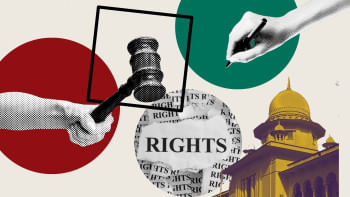
 For all latest news, follow The Daily Star's Google News channel.
For all latest news, follow The Daily Star's Google News channel. 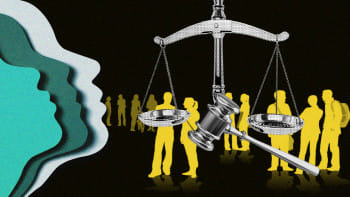
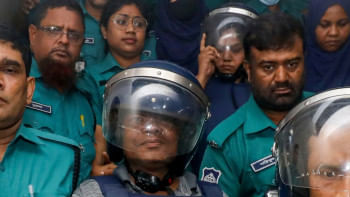


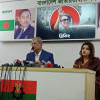
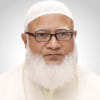


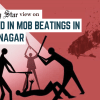


Comments